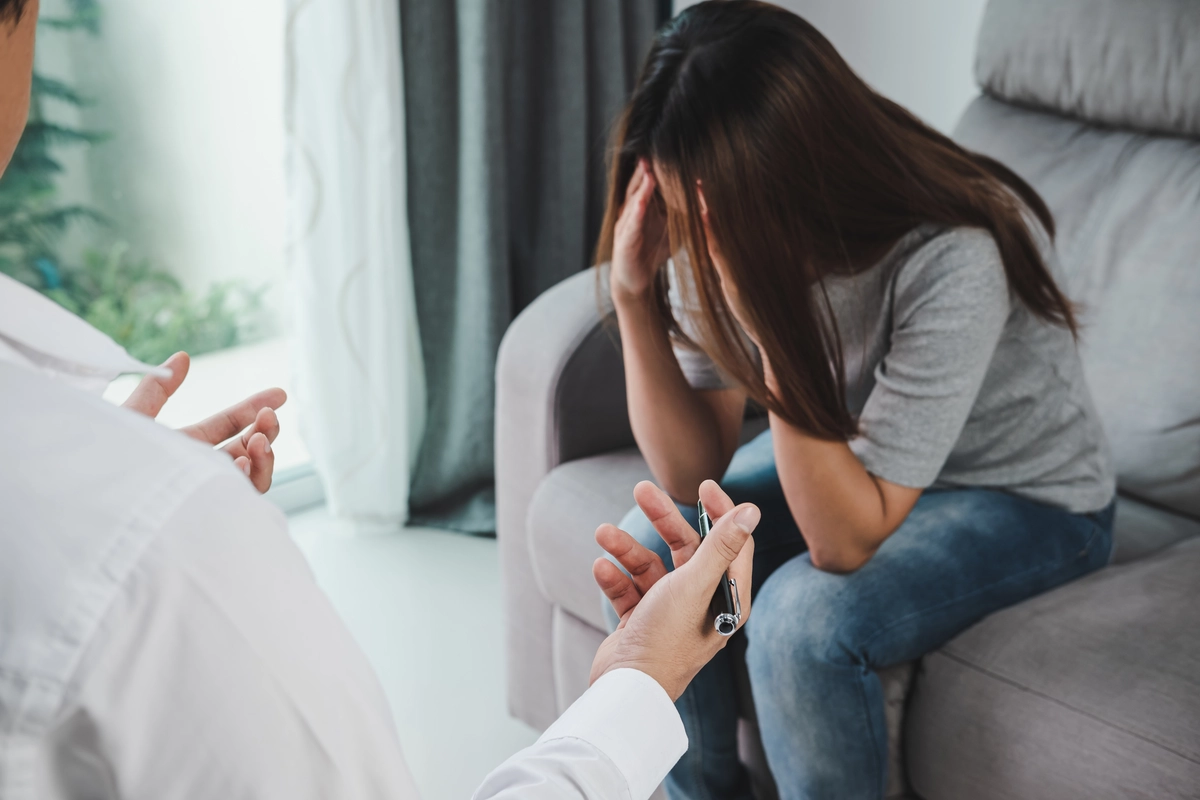24/7 Helpline:
(866) 899-111424/7 Helpline:
(866) 899-1114
Learn more about Bipolar Disorder Treatment centers in South El Monte
Bipolar Disorder Treatment in Other Cities

Other Insurance Options

Magellan Health

Absolute Total Care

Molina Healthcare

Amerigroup

Magellan

Health Net

UnitedHealth Group

WellPoint

BlueShield

Coventry Health Care

Ambetter

American Behavioral

MVP Healthcare

MHNNet Behavioral Health

WellCare Health Plans

Premera

Ceridian

Regence

PHCS Network

Medical Mutual of Ohio

Spiritt Family Services
Spiritt Family Services is a private rehab located in South El Monte, California. Spiritt Family Ser...




















